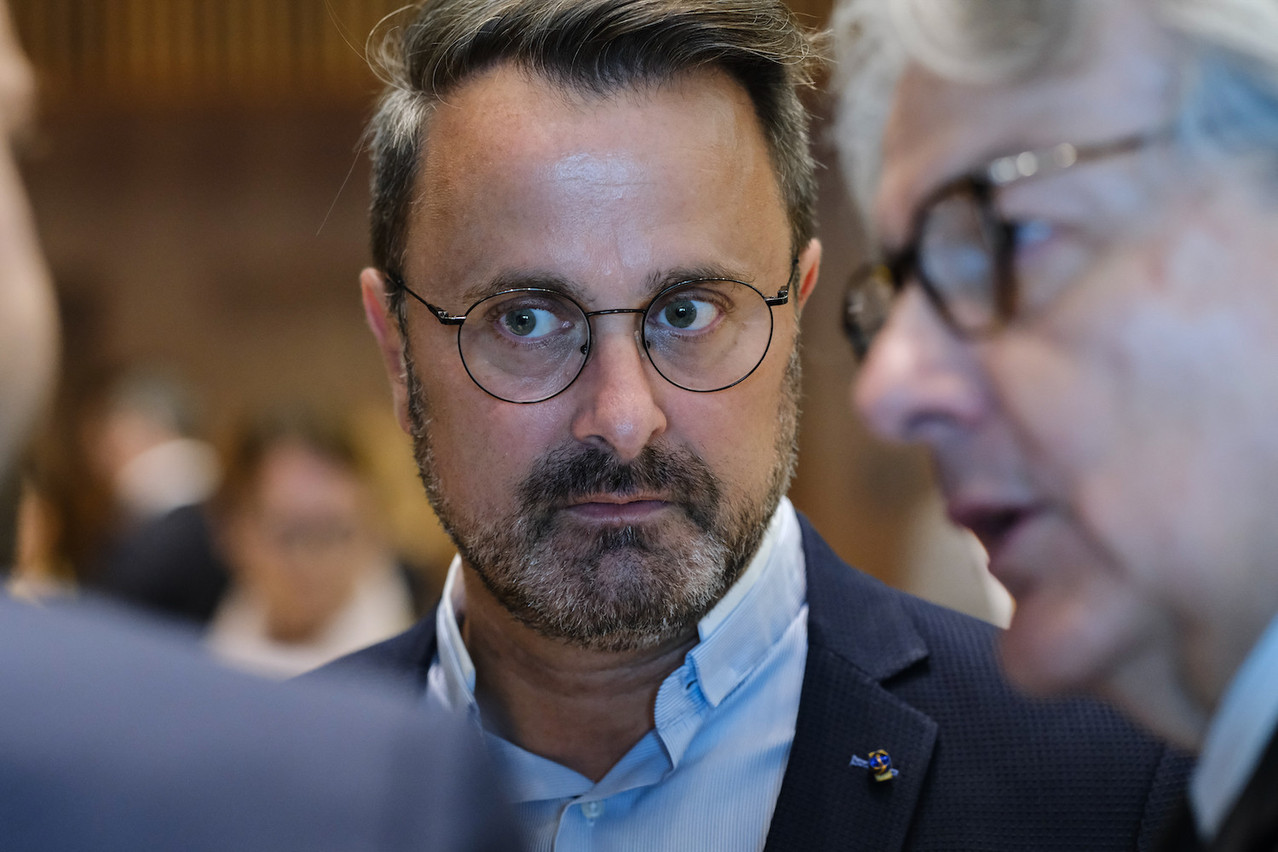The European Council, which brings together member state governments, last week adopted a draft text for the Media Freedom Act, which is supposed to promote a free and independent press and ensure protections for journalists from political interference.
But a last-minute amendment proposed by France curtailed some of these protections, as it will allow intelligence agencies to spy on journalists if they deem national security to be at risk.
“At no point in time did Luxembourg come out in favour of a relaxation of the provisions regarding the deployment of spyware on journalists,” a spokesperson for the prime minister’s office said in an email. “Luxembourg did not, contrary to other member states, support the amendment.”
, a member of parliament for the CSV opposition party, on Monday had sent an urgent parliamentary question to prime minister (DP), who is also media minister, to enquire about the government’s position on the text.
Opposition from journalists
A group of 61 civil society and journalist organisations in an open letter had urged the council to remove the exception for national security. “The current compromise text, instead of protecting journalists and their sources, will legalise the use of spyware against journalists,” they said.
“The council is not only weakening safeguards against the deployment of spyware but also strongly incentivises their use based solely on member states’ discretion,” the group said further, adding that any protections afforded were “empty shells” if they can be undermined in the name of national security.
But the text is compatible with the Treaty of the European Union, the Luxembourg spokesperson said. “The clause only reaffirms the provisions of Article 4(2) of the TEU, according to which national security is the sole responsibility of the member states,” the email said. “This particular clause does not give any additional competences to member states.”
An amendment to a set of protections on journalistic sources now reads that these are “without prejudice to the member states’ responsibility for safeguarding national security.”
Defining national security
The European Parliament last year had set up an inquiry committee to investigate the use of powerful spyware Pegasus, developed by Israeli firm NSO--which has several back-office entities in Luxembourg, but also in Bulgaria, Cyprus and the Netherlands.
In a adopted by the parliament on 15 June, the so-called Pega committee called for bloc-wide rules on the use of spyware by law enforcement and a common legal definition of the use of national security as a grounds for surveillance.
National security “is currently invoked all too often to justify the deployment and use of spyware to justify abuse,” member of parliament for Luxembourg (LSAP/S&D) told Delano at the time.
“Luxembourg has and will continue to advocate for a free press,” the prime minister’s office said in its statement. “It is important that the press can work independently and efficiently.” The protection of sources it “strongly anchored” in Luxembourg law, it said, adding that national laws already exceed provisions made in the European Media Freedom Act.
Trilogue yet to come
The open letter to the European Council by journalist organisations said case law by the Court of Justice of the European Union supported scrapping the French amendment, with the court stating that safeguarding national security cannot render EU law inapplicable or exempt member states from their obligation to comply with the rule of law.
The organisations also slammed a list of crimes committed by sources that would warrant the surveillance of journalists, saying “when it comes to journalists and media workers the threshold must be higher due to the crucial role they play as public watch-dogs in our democracies.”
Repressive measures against journalists must be “necessary, proportionate, assessed on a case-by-case basis and strictly limited to the most serious crimes,” they said.
“In increasingly repressive political environments, like in Hungary, where media is under government control and pressure, whistleblowers and leaks are the only way left for investigative journalists to uncover the truth. This is exactly why, under the pretext of vague and bogus national security reasoning, surveillance is used against journalists in Hungary,” said Hungarian investigative journalist Szabolcs Panyi in a statement attached to the letter.
Panyi was , which ran on his device for seven months.
“EU leadership in Brussels must realise that any EU citizen, whether a journalist or a source of a journalist, can become subject of illegitimate surveillance if certain member states always get away with using ‘national security’ as a free pass,” he said.
The text adopted by the European Council must now be negotiated with the European Parliament and the European Commission.
